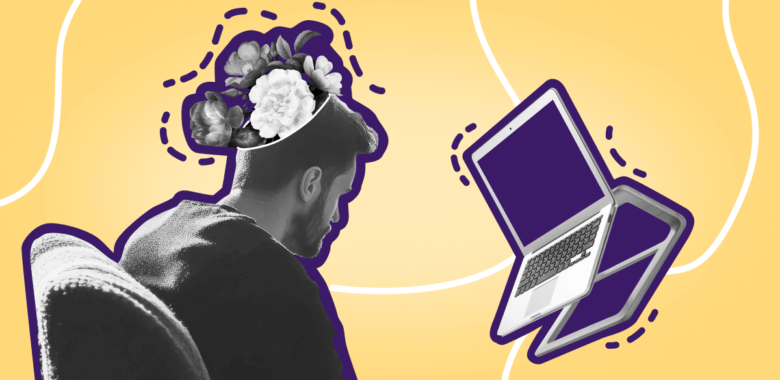Being a remote freelancer or solopreneur is already stressful enough. Imagine dealing with a buggy and convoluted email tool on top of that! Luckily, Selzy is not one of those. So, if you’re looking for a beginner-friendly, simple, and reliable email marketing platform, give it a try!
Is remote workers’ mental health a problem?
According to the latest findings, yes. For example, the study by Integrated Benefits Institute showed that the remote schedule increases the likelihood of depression and anxiety stronger than in-person work.
It’s not the only study with pessimistic conclusions. According to a survey by RSM and the U.S. Chamber of Commerce, 64% of employers claimed that remote work has become a mental health issue for their employees. Additionally, 69% of middle-market employers claimed that remote work interferes with employee training and development, and 66% said it caused onboarding issues. Also, the Owl Labs report claims that 55% of employees work longer hours remotely compared to in-office — and overtime work is proven to worsen mental health.
We also found an interesting study that does a great job listing almost all the possible remote work stress factors:
- Technical issues — for example, remote desktop software crashes.
- Work-related stressors — working overtime, too many tasks, you name it.
- Non-work stressors — here’s where your lack of work-life balance belongs.
- Communication issues — lack of feedback from supervisors, isolation, and so on.
- Motivation and productivity issues — feeling bound to the machine, boring routines, and so on.

![A sad man turning on the TV using the remote, he lies near a messy table, the subtitles say [SEASONAL DEPRESSION]](https://selzy.com/en/blog/wp-content/uploads/2024/10/1-1.gif)













